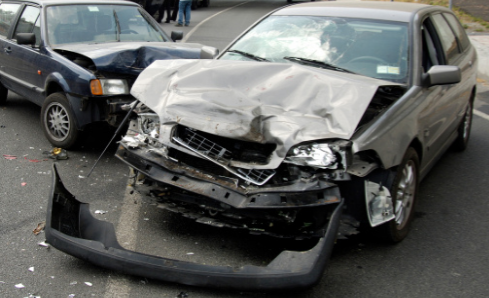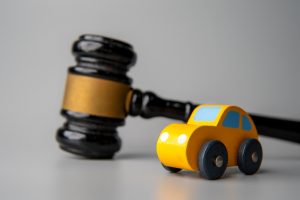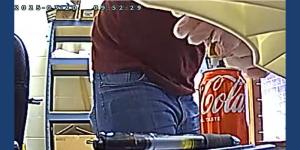It only takes a moment for your life to change when you are involved in a car accident. If you are lucky, you won’t suffer any catastrophic injuries, but that doesn’t mean that you won’t need time to heal and money to repair your vehicle. If you end up missing time at work due to your injury and suffer financial losses, you may want to file a lawsuit. Dealing with the legal system can be challenging. It’s best to get the advice of a personal injury expert to help with your case. One of the most important aspects of a successful personal injury lawsuit is building a solid case through evidence collection. When you are involved in an accident, every detail can influence the success or failure of your case and the amount of compensation you will receive. Let’s take a look at a few crucial ways to collect evidence from your accident.
Find A Lawyer
Dealing with insurance companies, filing a lawsuit, and attending court can be overwhelming for anyone unfamiliar with the legal system. It is in your best interest to hire a lawyer to help you with your lawsuit. A personal injury lawyer has the expert knowledge, knows how to deal with insurance companies, and will act as an advocate for you.
Collection Of Evidence
Every detail about your accident, injuries, and recovery will be picked apart in court, so it’s crucial that you spend some time building a solid case. We’re going to take a look at the three parts of collecting evidence after a car accident.
Accident Site
- Collect all contact information from parties involved in the accident, including addresses, insurance information, and phone numbers
- Talk to all eyewitnesses and request that they make a formal statement of everything that they have seen
- Take photos and videos of the scene of the accident from multiple angles
- Record all details that you can recall, including road conditions, time of day, and weather conditions
- Get a copy of your police report from the attending officer
- If EMTs are called to the site, allow them to look at you and provide any treatment. Even if you don’t feel injured, many issues can show up in the hours or days following an accident, so it’s important to let the emergency staff check you out
Following the Accident
- Visit your primary physician as soon as possible to report any issues or injuries.
- Follow up with all appointments that your doctor recommends
- Keep detailed copies of all your medical records in connection to your accident
- Contact a lawyer
During Your Trail
- Continue to follow the recommendations of your doctor
- Keep a journal of your progress and record any issues or complications
- Keep all receipts for medical costs
- Record all lost wages
- Manage your stress
Building a strong personal injury case is all about having the evidence to prove that you are deserving of compensation. Find a lawyer that will work in your best interest and follow these tips to help you collect the evidence you need after your car accident. With a strong evidentiary case, you are more likely to win your lawsuit and be able to move forward into a brighter future.





















